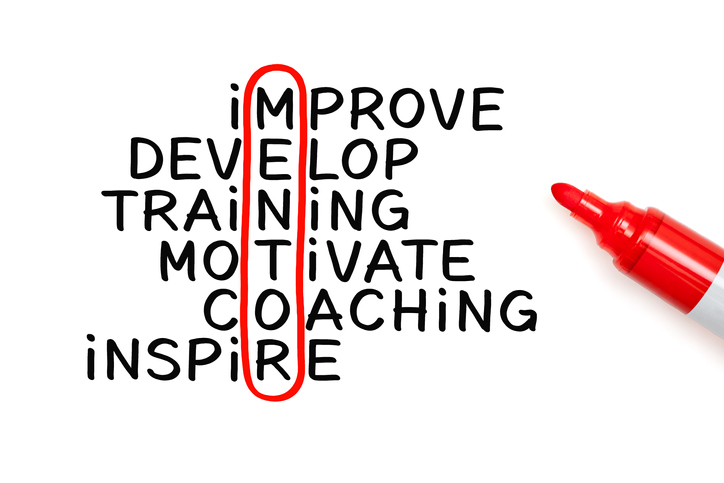Throughout my tenure for nearly 20 years as a nurse, nursing professor, and leader in higher education, I have learned a lot about the art of successful coaching. In both traditional, and non-traditional academic environments, no matter whether you connect physically in-person or virtually via video-conferencing, effective coaching can not only transform a nurse or student, but everyone they come in contact with, and ultimately an entire organization.
My proudest moments in leadership have been when I have helped my faculty have “light-bulb moments,” and deep moments of personal discovery. Discovering perceived versus actual obstacles in their teaching methodologies, and personal lives triggered powerful breakthroughs that left them forever changed. In a recent experience, it warmed my heart to have a team of faculty so passionate about student success and improved student outcomes, that they were willing to take a deep look at themselves and change anything that would hinder them from being the best professor that they could be. These faculty believed that transformed students started with transformed faculty. One particular cohort of nursing leaders I had the distinct pleasure of coaching were all geographically dispersed so we used a videoconferencing platform to meet as a group bi-weekly for 45-minutes, and one-on-one for 30 minutes for eight months.
During our meetings, I used evocative questioning and active listening to lead them on an individualized journey of discovery in personal and professional areas. The steps of the nursing process provided structure for our interactions. We started with the following:
- Assessment: Defining where they are in their personal and professional lives, from a holistic perspective
- Diagnosis: Identified area of opportunity for growth
- Outcome Identification: SMART [specific, measurable, attainable, realistic, timebound] goal setting
- Plan: Intentional action steps to achieve the goals
- Implementation: Executing the plan
- Evaluation: Reflecting on the journey, including personal and student outcomes
There were many lessons learned from this experience, but the greatest takeaway was that each faculty member personally experienced a fundamental internal shift and a personal transformation in their mindset and skillset and felt empowered to apply the lessons of their personal growth to student interactions and teaching methods. The application of the lessons they learned through my transformational coaching program not only enhanced their confidence in teaching, but also improved their coaching skills, student support, and student outcomes.
As an emerging nurse leader, I remember my mentor telling me that as I continued to teach nursing that my students would teach me more than I ever taught them. This was very true. The inspirational and empowering professional I desired to be for my students became an ever-evolving journey of self-discovery and becoming. I have been able to achieve extraordinary things throughout my nursing career because of mentors who allowed me to “borrow their belief” in me. Having someone to help you “unpack” personal and professional challenges, and change your perspective about adversity and obstacles has been priceless, totally life-changing, and essential for my growth. If nurse leaders seek to build more nurse leaders, mastering the art of effective coaching is critical.



